1971
Jearld Moldenhauer announces at a Toronto Gay Action meeting that all are welcome to join a group of people starting a gay liberation newspaper. Issue 1 of The Body Politic hits the streets around Halloween. On its cover is an image from the Aug 28 We Demand protest on Parliament Hill.
1973
Gay pride activities take place in Vancouver, Saskatchewan, Winnipeg, Ottawa, Toronto, Montreal and Halifax.
In Vancouver, the Gay Alliance Towards Equality organizes a picnic in Ceperley Park and an art exhibit in August for Gay Pride Week ’73.
1977
The Body Politic publishes Gerald Hannon’s “Men Loving Boys Loving Men.” Police raid the office and cart away 12 boxes of material (manuscripts, subscription lists, etc).
1978
On Jan 5, the officers of Pink Triangle Press — Ed Jackson, Gerald Hannon and Ken Popert — are charged with use of the mails for transmitting indecent, immoral or scurrilous literature.
1979
The PTP officers are found not guilty, but Ontario’s attorney general appeals.
More than 700 people attend a picnic in Mission for Gay Unity Week in the Lower Mainland.
1981
On Feb 5 Toronto police raid four gay bathhouses simultaneously, arresting more than 300 men. Thousands of gays and lesbians protest.
A story in the October issue of The Body Politic, “Gay Cancer? Or Mass Media Scare?” begins Pink Triangle Press’s coverage of HIV/AIDS.
Vancouver mayor (and future BC premier) Mike Harcourt proclaims Aug 1–7 Gay Unity Week. The Vancouver Sun estimates 1,500 people attend the first Gay Unity parade, which runs through the West End.
1983
The Body Politic’s two acquittals in the “Men Loving Boys Loving Men” case are finally allowed to stand. There are no more appeals.
1984
In January, Pink Triangle Press gives birth to a four-page bar rag called Xtra.
1986
Canada Customs seizes 78 titles headed for Little Sister’s Bookstore. Community members and free-speech advocates demonstrate in front of then-Vancouver Centre MP Pat Carney’s office.
1987
Someone throws a bomb into the stairwell leading up to Little Sister’s from its Thurlow Street entrance. No one is injured.
1988
As Little Sister’s prepares to take Canada Customs to court over its continued seizure of gay books, someone throws another bomb, this time through the back door of its downstairs neighbour, Thurlow’s Restaurant. Broken glass showers the diners, but no one is seriously hurt.
1990
Vancouver hosts the third annual Gay Games, bringing the community together like never before. The flood of 15,000 openly gay and lesbian visitors from around the world gives many people the courage to come out publicly and launches countless new community groups.
1992
Sexual orientation is added to the BC Human Rights Code.
Another bomb explodes in the stairwell leading up to Little Sister’s. No one is injured but considerable damage is done. No one is ever arrested.
1993
Xtra West begins publishing in Vancouver in July.
1996
The BC Supreme Court rules that Canada Customs discriminated against Little Sister’s and enforced the law with “arbitrariness, inconsistency and just plain foolishness.” However, the court upholds Customs’ power to seize material.
1997
Surrey teacher James Chamberlain asks his school board for permission to use gay-friendly storybooks in class. The Surrey school board refuses, citing parents’ concerns, launching a battle that will span six years and three levels of court and challenge gay invisibility in school curriculum.
2000
The Supreme Court of Canada agrees that Little Sister’s suffered “excessive and unnecessary prejudice.” The court orders Canada Customs to stop targeting the gay bookstore but does not strike down Customs’ authority to seize materials deemed obscene at the border.
2001
Aaron Webster is brutally beaten and left to die at the entrance to Stanley Park’s gay cruising trails on Nov 17. About 2,000 mourners march down Davie Street the next day to remember Webster and demand an end to gaybashings. Xtra West covers the subsequent push for police accountability, anti-homophobia programs in schools, and the apprehension of Webster’s killers.
2002
Police raid Calgary gay bathhouse Goliaths. Xtra West stops the presses and sends a reporter to Calgary to create a special supplement. Prosecutors stay the charges three years later after a survey shows Calgarians tolerate gay bathhouses.
In December, the Supreme Court of Canada orders the Surrey school board to reconsider its ban on three gay-friendly books. “Tolerance is always age-appropriate,” Chief Justice Beverley McLachlin rules.
2003
In February, after relentless coverage in Xtra West, police finally arrest a youth in connection with Aaron Webster’s death. Eight months later, police arrest three of his friends.
The first youth pleads guilty. Judge Valmond Romilly calls it a hate crime.
On July 8, the BC Court of Appeal orders the province to immediately begin issuing marriage licences to same-sex couples. (Ontario beat BC by a month. The rest of Canada lags.)
2004
BC Supreme Court Justice Mary Humphries convicts Ryan Cran of manslaughter in the Aaron Webster case but acquits Danny Rao for lack of evidence. Cran gets six years in prison, but Humphries doesn’t call it a hate crime. Outraged community members call for an inquiry into the prosecution’s handling of the case.
2005
Canada fully embraces same-sex marriage, with the passage of the Civil Marriage Act. Pink Triangle Press provides sponsorship for Canadians for Equal Marriage.
2008
Masthead magazine names The Body Politic among Canada’s 20 most influential magazines of all time.
2010
Xtra undergoes a redesign and drops the “West” from its name in Vancouver.
2012
The Vancouver edition of Xtra publishes its 500th issue on Oct 18.
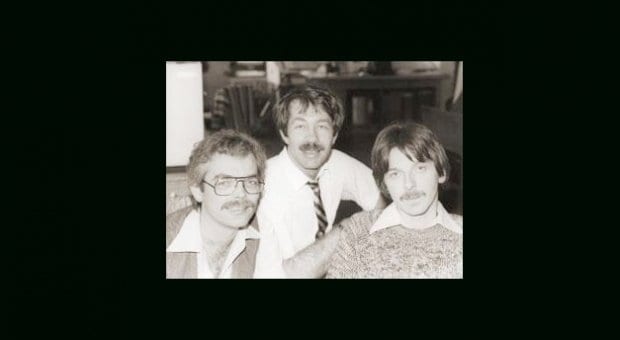
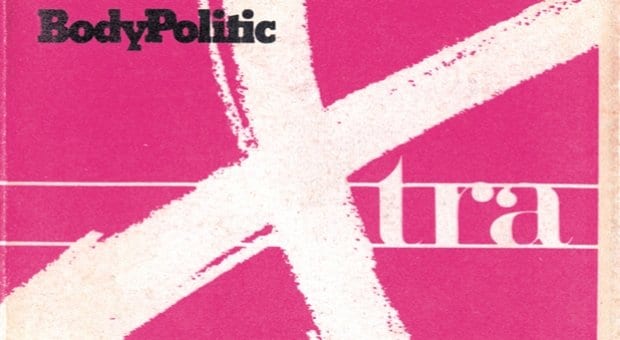
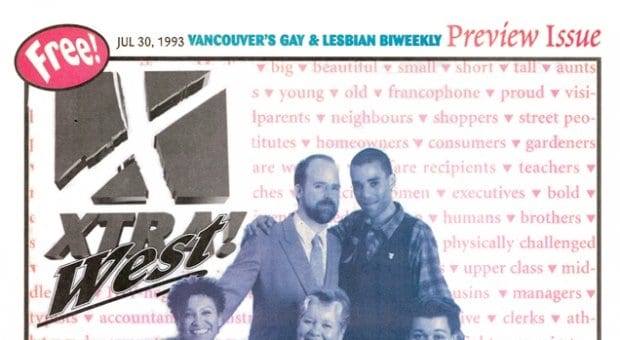
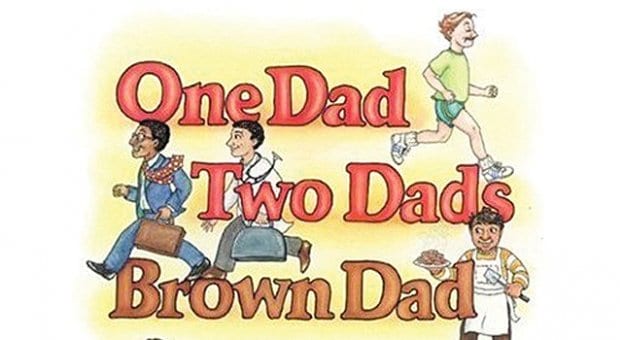
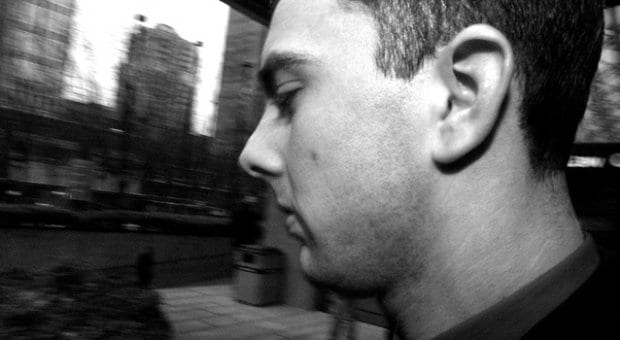
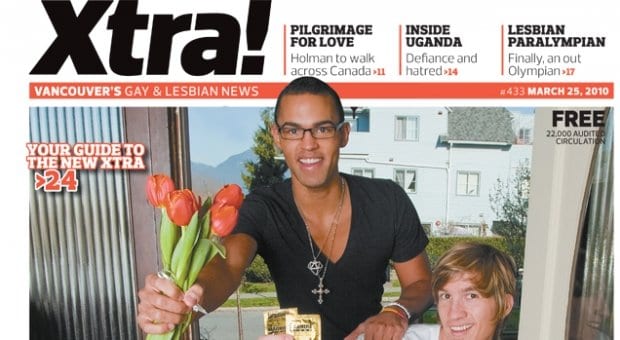
 Why you can trust Xtra
Why you can trust Xtra


